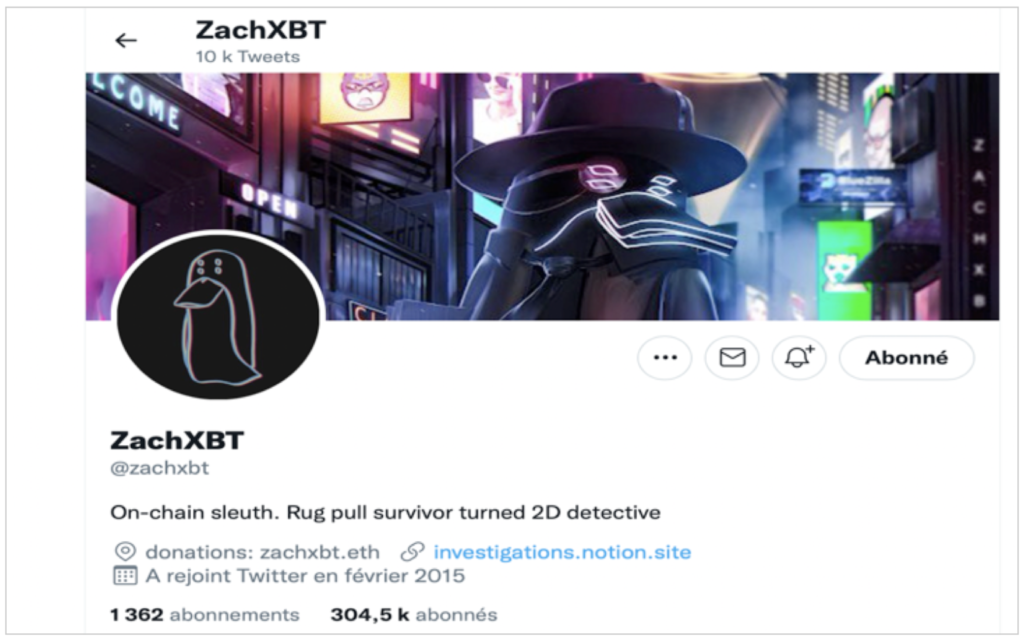
Between scam and self-regulation: the paradox of the NFT world
The speculation around some NFTs creates envy. Thus, 5 NFT from the famous Bored Apes collection have been stolen for a loss of around 2.5 million dollars. One of the NFTs is valued at over 1 million dollars.
A few days ago, several people were indicted in Paris for these facts qualified as gang fraud, money laundering and conspiring.
The case started with a proposal to “upgrade” the famous NFT to an animated gif. A phishing website was part of the means.
It ended with a tricked out smart contract…which gave access to the NFTs. And the trick was done.
The process is particularly commonplace: phishing, known in the jargon as “phishing scam”. But the means are reserved for an elite group of hackers, perfectly familiar with the Blockchain. Who are also very young…
However, this ecosystem is also self-regulating. It is historically based on strong values of mutual aid and disinterested cooperation on the part of members. Some go so far as to make it their mission to ensure transparency and denounce shady transactions.
That’s where an anonymous, but famous investigator in the Blockchain world comes in: ZachXBT.
Zach tracks, analyzes transactions as they are visible in the Blockchain, traces cryptocurrency flows and makes cross-checks allowing the identification of cybercriminals.
His twitter account is very followed.

He has already offered his help for famous scams.
ZachXBT states on his Grants crowdfunding page, that after being a victim himself, he decided to document shady deals in order to educate and increase transparency in this space.
He also exposes influencers who abuse their influence to push the public into opaque, even dishonest transactions.
In this case of the Bored Apes he brought a determining help to the OCLCTIC (Central Office of Fight against the Crime linked to the Technologies of the Information and the Communication).
Anne Messas
Attorney-at-Law